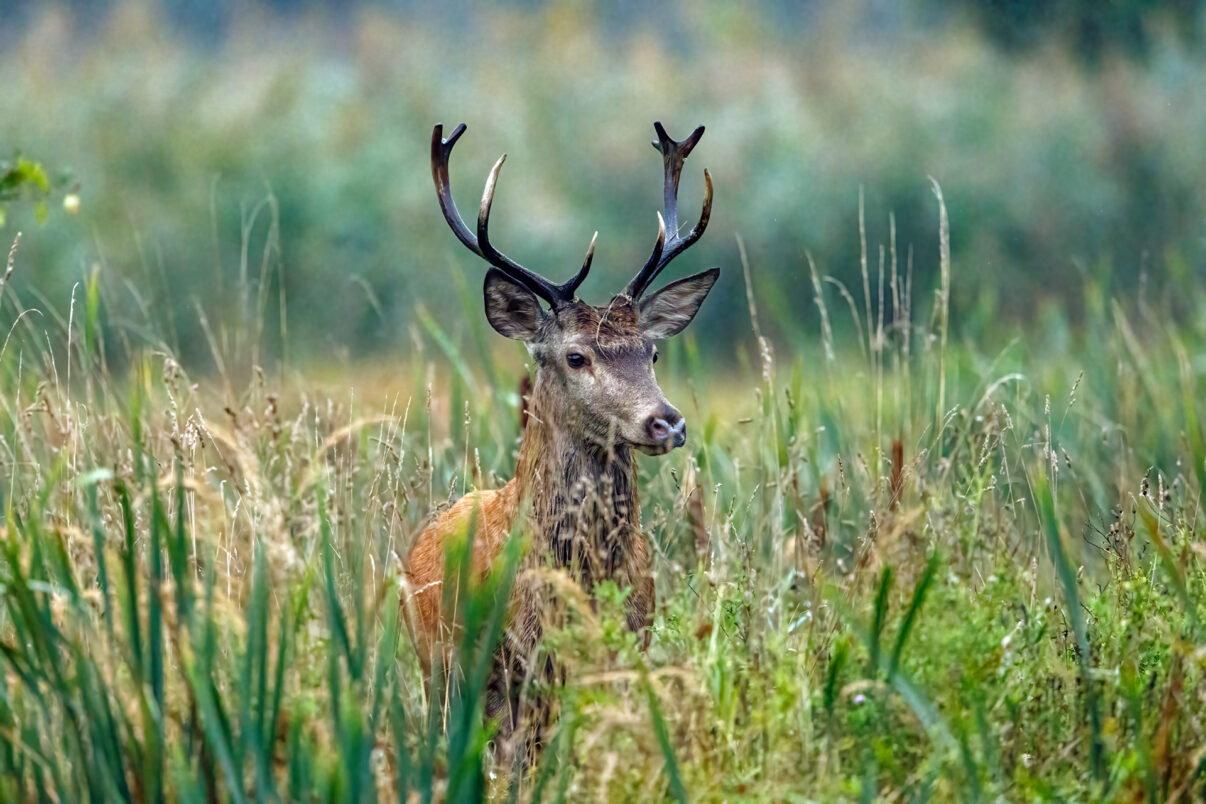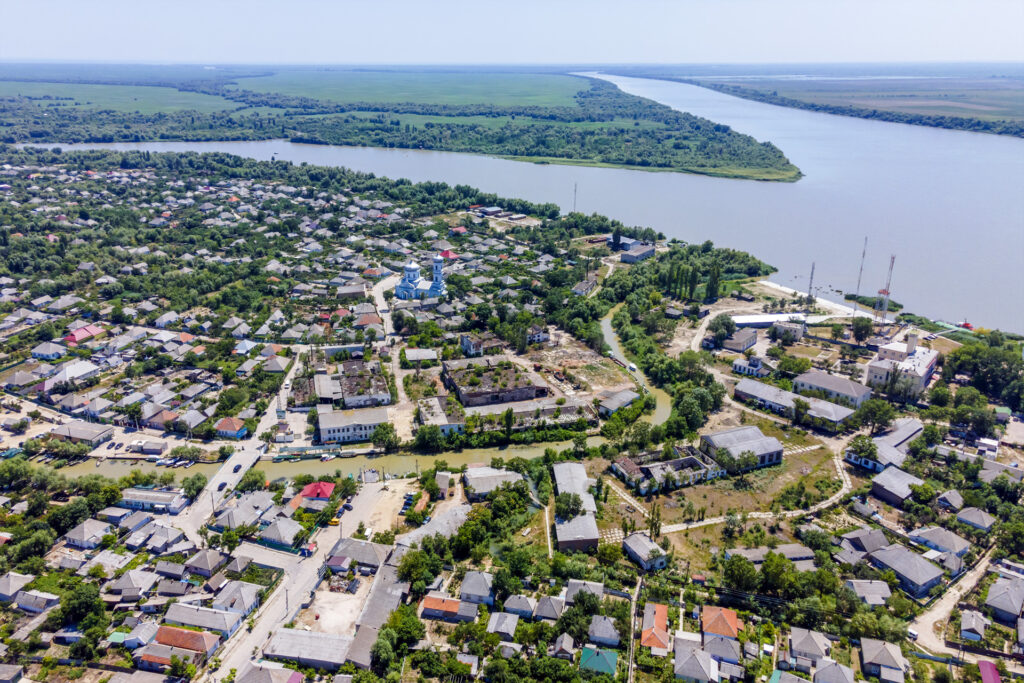Wildlife comeback can sometimes lead to coexistence challenges. A recent example from the Ukrainian part of the Danube Delta rewilding landscape shows how simple solutions can often overcome these challenges, ensuring the recovery of wild nature benefits all.

Living with wildlife
Abundant wildlife populations are vital to the health and functionality of nature in Europe, which is why Rewilding Europe works to support wildlife comeback across all of its landscapes. While the recovery of wildlife delivers a wide range of benefits to people and nature, it can sometimes present challenges around coexistence. In many cases, species are returning after being absent for long periods of time, which means Europeans are learning to live alongside them once again.
Rewilding Europe’s landscape rewilding teams employ a wide range of measures that enable and encourage people in local communities to coexist with wildlife in a mutually beneficial way. These include everything from the distribution of livestock guardian dogs and bear-proof bins, to support for the development of nature-based economies, which means people benefit economically from the wilder nature on their doorstep.

A coexistence showcase
A recent example from the Danube Delta shows how coexistence measures – which are often relatively simple – can support communities as they adjust to the rewilding of the landscape around them. It also shows how Rewilding Europe’s landscape rewilding teams are always on hand to keep track of wildlife comeback and provide such support in a proactive way.
Several groups of red and fallow deer have been released in the Ukrainian part of the cross-border Danube Delta rewilding landscape in recent years and are now thriving. Through their grazing and browsing, these animals are enhancing biodiversity on a growing scale, while their consumption of fire-prone vegetation is also helping to reduce the risk of catastrophic wildfire outbreaks. But with water levels in the delta higher than the normal in the spring of this year, many deer moved to higher ground in search of food. And that quest led them to people’s private land and gardens filled with fruit trees, located on islands close to the city of Vylkove.
“I saw several female and one male deer come into my garden,” relates local farmer Yana Beloshpytska. “They were very close and just as beautiful as in the pictures. But as beautiful as they were, I didn’t want them eating the bark on my fruit trees.”

Proactive engagement
To address this issue, the Rewilding Ukraine team rapidly organised a meeting with the local community and Vylkove city council. Jointly, they came up with a win-win solution – the installation of protective fencing.
“It wasn’t only the deer that had been released that were eating from private gardens,” explains Rewilding Ukraine rewilding officer Oleg Dyakov. “Local cows were grazing freely, as well as wild boar and other animals, and the situation was understandably causing some dissatisfaction in the community. We decided that fencing was the best option for both people and wildlife.”

A more harmonious future
Over the next few months, the Rewilding Ukraine team collected requests from local residents who wanted to benefit from this solution. Following another meeting – where the team also explained the benefits of deer in the landscape – they then handed out 3500 metres of fencing, which people are now in the process of installing.
“I understand the value of the deer,” says Yana Beloshpytska. “The fencing, which I will install soon, will be put to the test next time they come looking for food. As long as it keeps them out of my garden, I’m more than happy to live alongside them.”
To continue their positive working relationship and commitment to human-wildlife coexistence, the Rewilding Ukraine team have also signed a memorandum of cooperation with Vylkove council. This will promote engagement and strengthen ongoing collaboration between local residents and the team moving forwards.
Invaluable support
Rewilding Europe’s work in our rewilding landscapes is supported by a wide range of highly valued partners. We would particularly like to acknowledge those providing core funding – notably the Ecological Restoration Fund, the Dutch Postcode Lottery, WWF-Netherlands, and Arcadia. Their longstanding support plays a critical role in enabling us to deliver and scale up rewilding impact.
